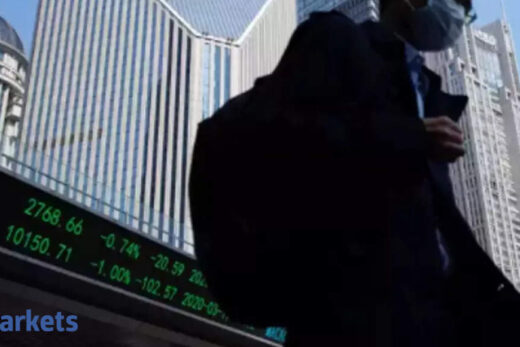“The Fed thinks it has time” to slow-walk the tightening process, especially given longer-term disinflationary forces like aging, automation and globalization, Raghuram Rajan said in an interview with Bloomberg Television’s Kathleen Hays and Haidi Straud-Watts Tuesday morning in Asia.
But compared to the aftermath of the Global Financial Crisis, “there’s one big difference post-pandemic, which is the enormous amount of fiscal spending,” said the University of Chicago economist and former governor of the Reserve Bank of India.
“My worry is that if they don’t fully account for these new forces, they may be behind the curve,” Rajan said. “And that may, as everyone says, necessitate stronger tightening down the line.”
Rajan’s tenure as RBI chief from 2013 to 2016 coincided with the Fed’s rocky removal of accommodation, which hit emerging markets especially hard as currency volatility spiked and foreign investors pulled out money.
This time around, as Fed Chair Jerome Powell continues to emphasize a gradual pace of tapering, emerging markets still worry about “an abrupt change in stance” while they also have “much less room to wait and watch” than the Fed given they have less credibility and policy space, Rajan said.
Rajan’s warning that the greater danger for the global economy is the Fed tightening too slowly — and having to make up for it with a more destabilizing pace later — echoes other high-profile economists like former U.S. Treasury Secretary Larry Summers.



